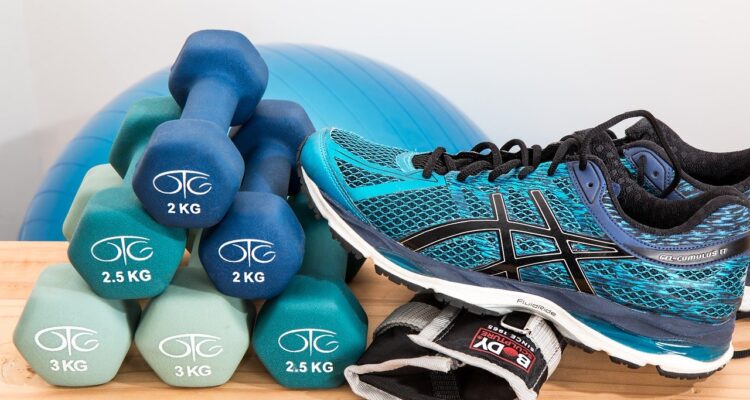
Increase dietary omega 3’s.
Studies show it reduces the risk of heart and stroke disease. It may also be as beneficial for the brain, eyes and skin. The key to the benefit is from consuming foods high in omega 3 oils not from supplements. Omega 3 rich foodstuff includes nuts/legumes and seafood. All nuts are great but especially walnuts, almonds, cashews and pistachios. For seafood great sources include mackerel, salmon, herring and cod. Try to get 4 servings of nuts a week and 4 servings of seafood a month. If you are calorie conscious seafood is not an issue if not fried but avoid overindulging in nuts.
Do a crossword, sudoku or word find puzzle regularly.
When you exercise the mind with complex activities certain neuronal pathways are strengthened which can reduce your risk of dementia. Other strategies include learning a new language, playing a musical instrument and playing intricate card and board games.
Laugh more.
Laughing at yourself or others, watching a sitcom, YouTube video or stand-up routine causes the release of endorphins lessening stress and improving sense of well-being. Laughing can mitigate contentious or tense situations. And it works the Abs.
Use proper posture.
Keep the spine straight and shoulders back, and when sitting both feet on the ground with knees bent. Good posture relieves muscle tension in the neck and back preventing fatigue and leads to better breathing. Proper posture can ameliorate pain and reduce headaches. Having good posture makes you feel taller and increases the release of serotonin which can improve self-confidence and reduce depression and anxiety.
Practice gratitude.
Expressing thankfulness is arguably the best human emotion. It improves psychological health, opposes aggression and reduces mental anguish and pain. Socially, gratitude strengthens relationships and opens doors of opportunity. Gratitude also has relaxing physical characteristics which can lead to more restful sleep.
Enrich your diet with foods high in magnesium and potassium.
The diets proven to lower blood pressure like the Mediterranean and DASH diets are high in potassium and magnesium. Foods high in magnesium include nuts, grains, dark beans and tofu. Good sources of potassium include bananas, sweet potatoes, apricots, watermelon, coconut yogurt and coconut water. Healthy food choices rich in both magnesium and potassium include avocados, spinach, broccoli and dark chocolate.
Protect your eyes.
Certain types of light can damage the retina and increase your risk of age-related eye disease like macular degeneration. Wear sunglasses with UV protection while outdoors and if your life includes lots of screen time wear prescription or clear computer glasses with a blue light filter added. Also use the “night light” setting for the display not just in the evenings but during the day as well.
Avoid excuses.
By offering an excuse one seeks to avoid responsibility through distorted rationalization in order to evade the truer explanation. Excuses are the obstacles of solutions and success. An excuse may make a situation more consciously tolerable, but it changes nothing. It is better to move forward than dwell in an excuse.
Use oils high in monosaturated fat and low in saturated fat.
Monosaturated fats reduce inflammation. Examples of oils high in the “good fats” include olive, avocado and canola oils. Avoid “bad fats” that are typically solid at room temperature like butter, lard and coconut oil.
Become a freethinker.
Freethought is a philosophical viewpoint which holds that positions regarding truth should be based on logic, reason, and empiricism, rather than authority, tradition, revelation or dogma. Think for yourself, always question and draw your own conclusions. Free thought involves listening carefully and being open to novel ideas. To be a free thinker you first need to be a good listener. A free thinker is a leader not a follower.



